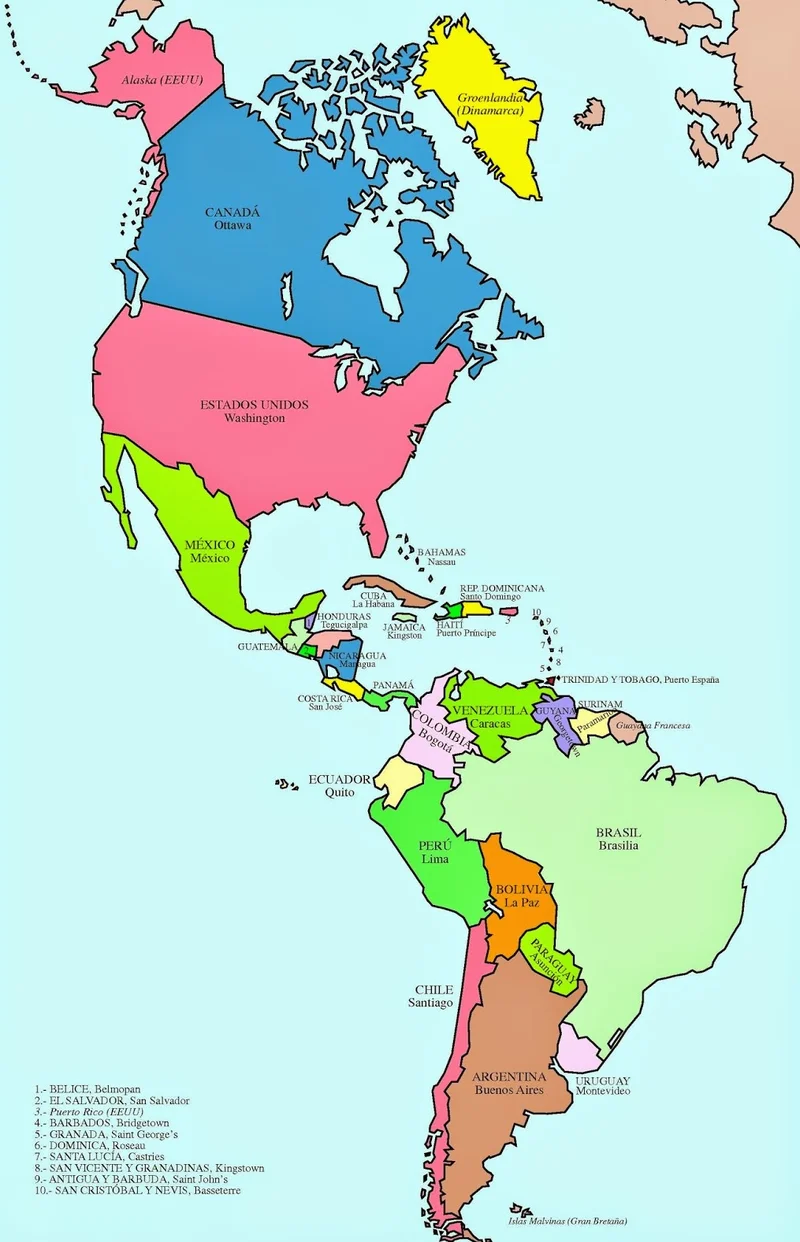America: Bank of America, 'America First,' and what the data actually says
The Data Says: "Peak Trump" is Just Wishful Thinking
John Bolton thinks America is past "peak Trump." He told The Economist that the fever has broken. But tell that to the folks staring down a Thanksgiving dinner that costs them an extra week's worth of groceries. The data paints a different picture, one where the economic chickens of Trump-era policies are coming home to roost, right on the holiday table.
The Thanksgiving Squeeze: Tariffs and Turkeys
Let's start with the centerpiece: the turkey. A 15-pound bird is clocking in at around $30 this year, a 25% jump since October 2024. Purdue University researchers point to Trump's "Make America Great Again" tariffs as a key driver. The tariffs, meant to boost domestic production, are instead making imported food ingredients and agricultural inputs more expensive. Animal feed, which makes up 60-70% of a producer's costs, is taking a hit because they rely on specialized feed mixtures (often prepared by nutritionists) that include minerals and vitamins imported from abroad.
The White House, days before Thanksgiving, put out a press release claiming America is "winning the war on high prices" (a rather bellicose way to describe grocery shopping, if you ask me). But independent analyses, like the one from Groundwork Collaborative, the Century Foundation, and the American Federation of Teachers, say Thanksgiving food prices are nearly 10% higher overall. The administration was even forced to quietly cut tariffs on 200 food products, including tea and spices, last week. A bit of a backtrack, wouldn't you say?
Here's where my own analysis diverges slightly. While tariffs play a role, we can't ignore the bird flu outbreak that wiped out over seven million commercial fowl this year, according to MPR News. Blaming it only on Trump is a stretch. But the tariffs certainly didn't help a bad situation. Are these policies a simple case of unintended consequences, or is there a deeper flaw in the "America First" approach that consistently overlooks the interconnectedness of global supply chains?

Beyond the Bird: Travel and the Credit Card Crunch
It's not just the turkey. Thanksgiving is one of the busiest travel periods, and families are shelling out more than ever. Airfares are up 3.2%, while lodging costs are seeing only modest declines. Overall, US travel expenses are 2% higher compared to this time in 2024, according to NerdWallet's Travel Price Index.
And here’s the truly worrying bit: many Americans are reportedly turning to credit cards to cover these expenses. Consumer debt already hit a peak in Q3 2025 ($1.233 trillion), and the holiday surge is expected to compound it further. We're talking about a festival of gratitude being funded, in part, by future debt.
I've looked at hundreds of economic reports, and the correlation between rising consumer debt and trade policy shifts is usually pretty clear. What I find genuinely puzzling here is the administration's continued insistence that everything is fine, even as the data suggests otherwise. Are they simply out of touch, or is there a deliberate attempt to downplay the economic pain?
The New York Times paints an even grimmer picture, with firsthand accounts of Americans struggling with food insecurity. One man, grappling with the choice between paying bills and eating, says he survives on $23 a month in food stamps. A former teacher admits to relying on food banks. These aren't outliers; they're symptoms of a deeper malaise. America, the Hungry - The New York Times
It's Not "Peak Trump" Until the Numbers Say So
Bolton's optimism is admirable, but the data suggests we're far from done with the economic fallout of the Trump era. A costly Thanksgiving is just a symptom. Until we see a sustained reversal in these trends—lower food prices, reduced consumer debt, and a genuine safety net for the vulnerable—"peak Trump" remains a premature declaration. The economic reality for many Americans is a far cry from the rosy picture being painted in Washington.
